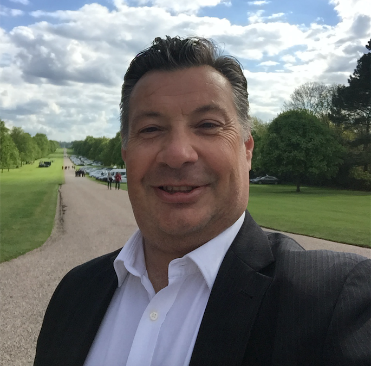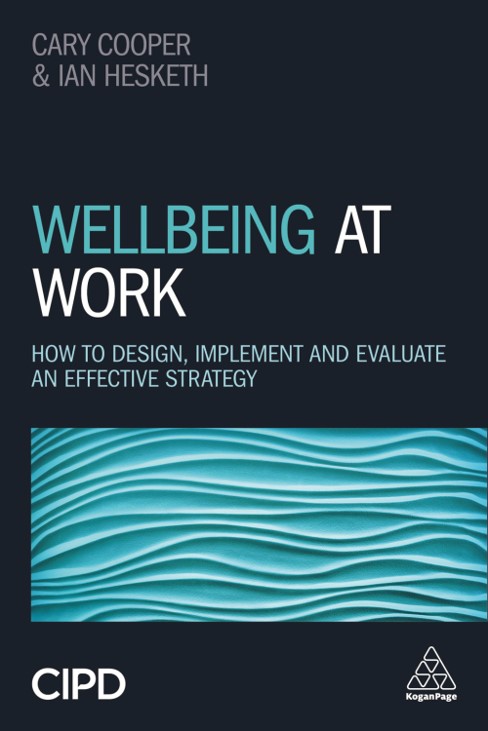You are here
- Home
- Interview with Dr Ian Hesketh, Visiting Fellow CPRL
Interview with Dr Ian Hesketh, Visiting Fellow CPRL

Our very own Dr Ian Hesketh, together with his co-author Professor Cary Cooper (University of Manchester), has recently had his book entitled “Well-Being at Work: How to Design, Implement and Evaluate an Effective Strategy” reviewed in the Journal of Occupational Medicine.
The Review concluded that the book was “useful to all who recognize the value of promoting workplace well-being (page 140).”
We wanted to know more, and he kindly agreed to be questioned!
Can you tell us a little bit about what inspired you to write this book?
“There was most definitely a gap in the market for a HR practitioners guide to conceiving, writing, rolling out and evaluating an effective People Strategy. The purpose was to write a 'how-to' guide for those charged with People Directorate responsibilities in both the public and private sector. The book is purposely written with practice in mind, and the motivation was to publish a really useful guide that would cover all the points required to get a people strategy off the ground.”
Who was the book aimed at?
“The primary market for this book is HR and Organisational Development professionals. It is also relevant for leaders and managers who are looking to put an effective wellbeing strategy in place.”
What are the key messages that you wanted readers of your book to take away?
“There are three key takeaways from the book:
1. It clearly shows how to design and implement a workplace wellbeing strategy to improve employee engagement, decrease staff turnover and avoid presenteeism and leaveism
2. It highlights the potential problems and pitfalls of implementing a wellbeing strategy and how to avoid these
3. Finally, it explains how to monitor, measure and evaluate a wellbeing strategy, including information on what to measure, how frequently to measure and how to analyse the data.”
What was the hardest bit for you in writing this book?
“Allocating time is always difficult and I find the best way to write is to take myself away for a week or two in order to commit to the level of concentration required. Obviously, the sacrifice to this is family, so that is the difficult part for me.”
What is your favourite part of the book?
“ That would definitely be finishing it! To be honest though, I hope the book serves as a reference for all those challenged with this workplace task. It is no easy feat, so I hope it helps.”
What tactics do you use when writing?
“ Knowing yourself and how you operate is the biggest trick here in my opinion. I am most creative in my thinking early in the morning. When writing I like to get up early, have some breakfast and then get right into it. I write thoughts loosely initially, spelling mistakes, no references and quite academically rough. In the afternoons I feel less creative, so I use that time to ‘tidy up’ the work, find the references, check spelling and grammar. I picked up these hugely helpful self-awareness tips through numerous writing retreats whilst in study at University. They benefit me hugely.”
Does writing energise you or exhaust you?
“ Most definitely energises me! To me, there is no point doing this if it has ill-effects. I love writing and also the collaboration involved in writing. It provides me with a feeling of huge achievement, and I feel I am contributing to something.”

Upcoming Events
Online Seminar: Trust and confidence in policing
Wednesday, May 22, 2024 - 13:00 to 14:30
Online Membership Group Meeting
Thursday, June 13, 2024 - 10:30 to 12:30